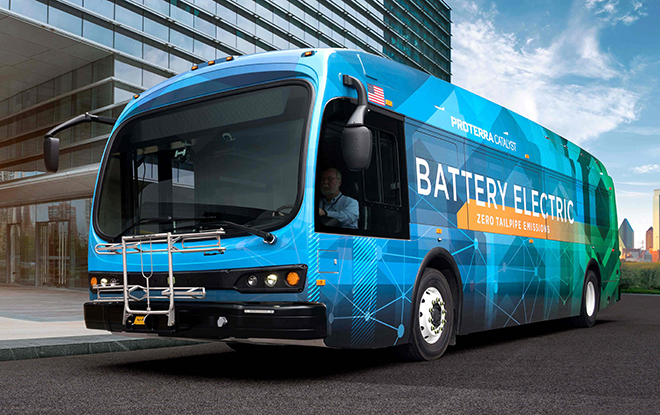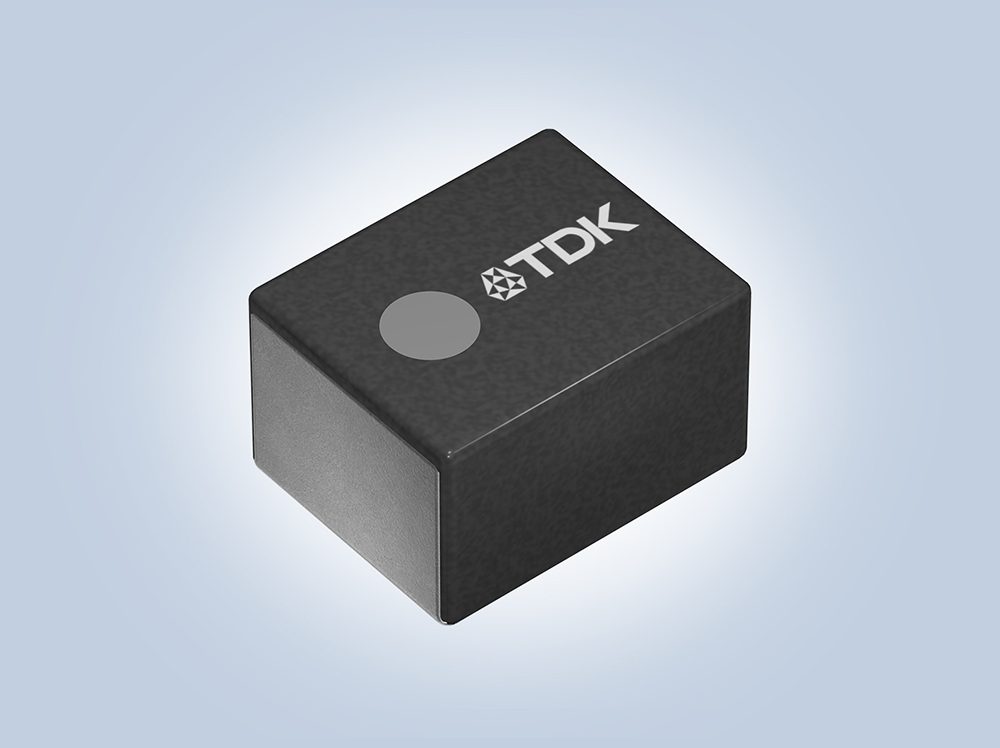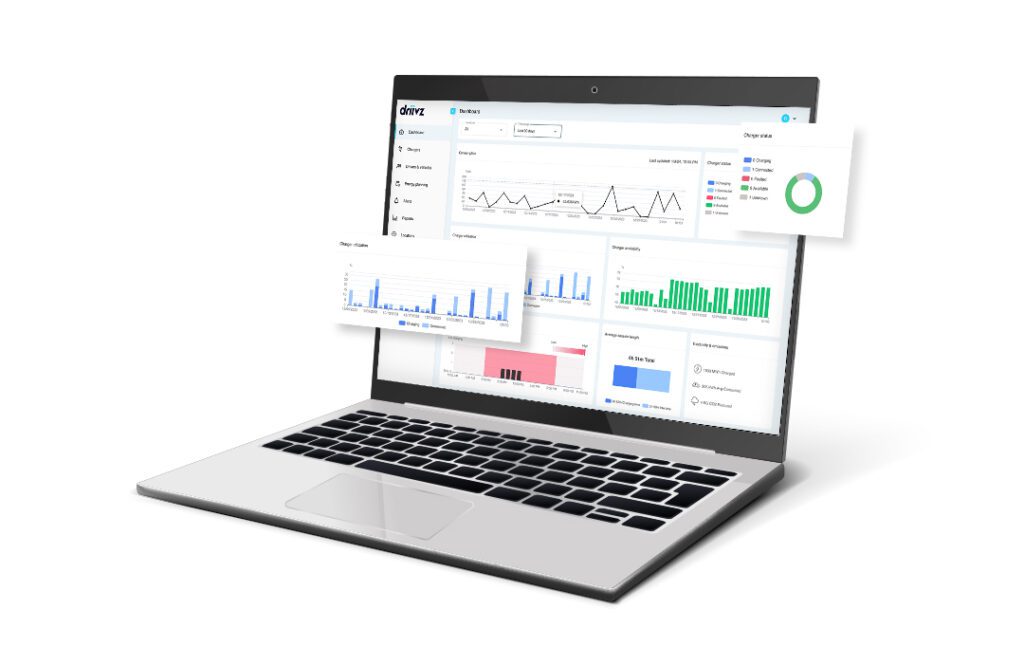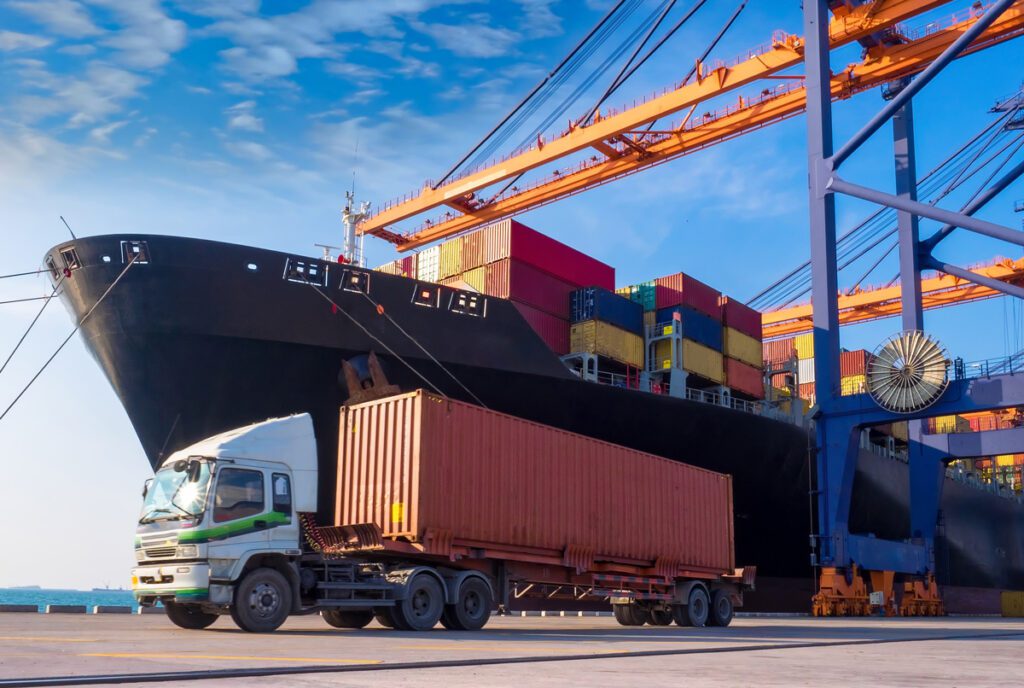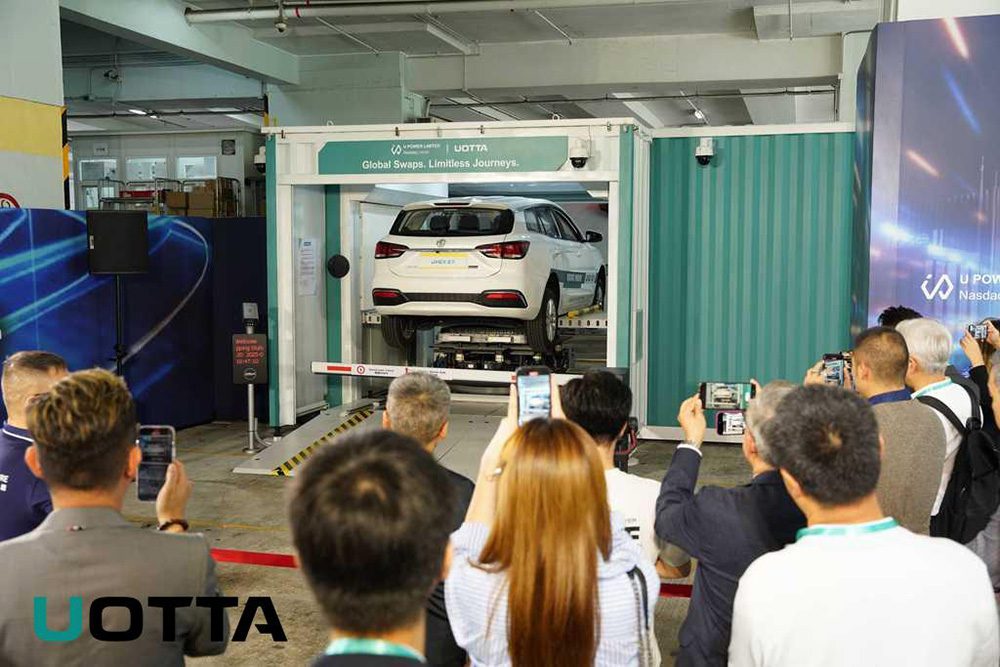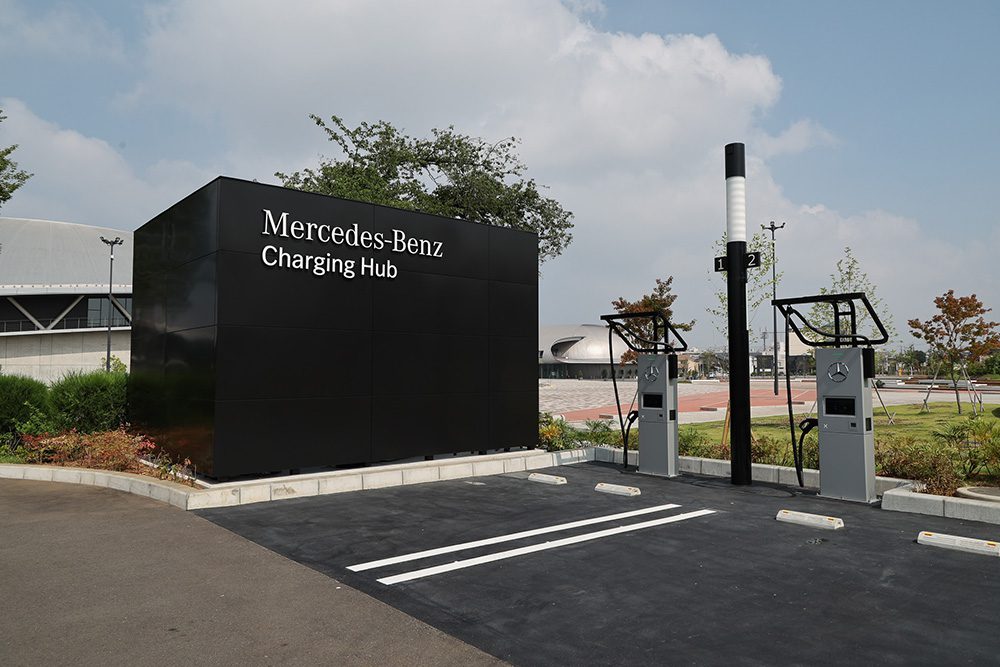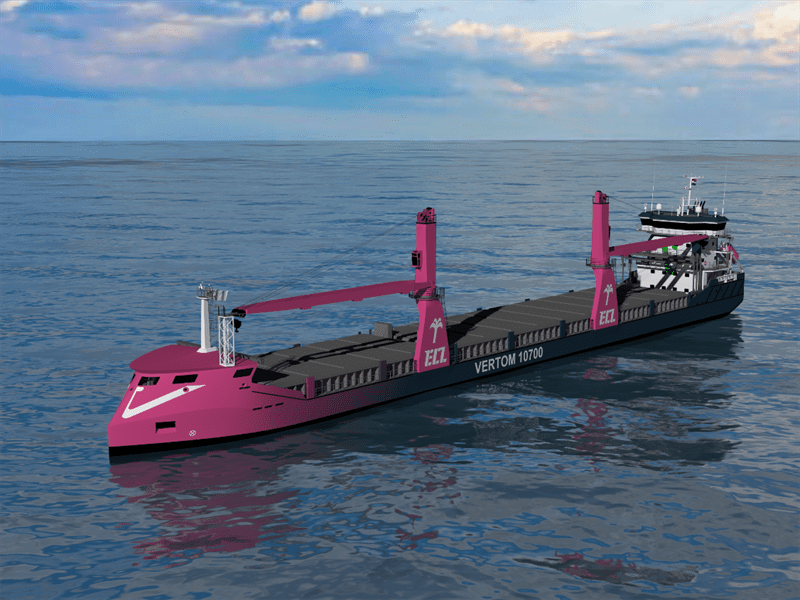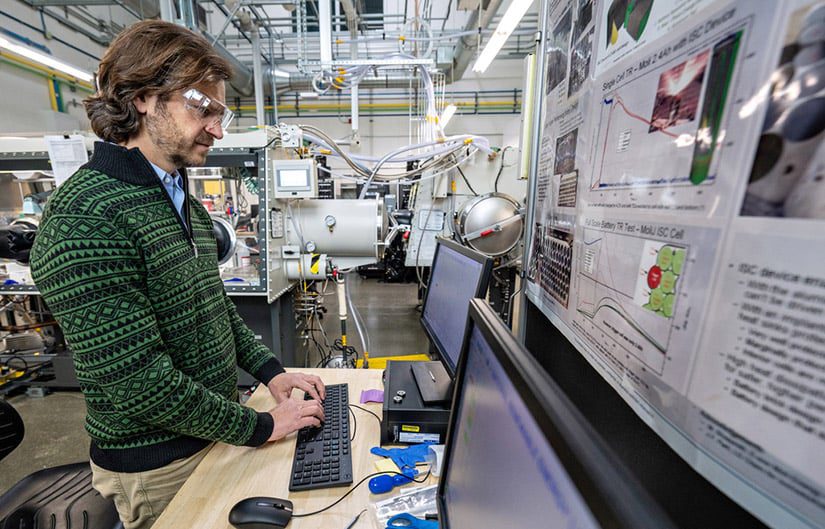The economic case for electric transit buses has become a no-brainer, Proterra CEO Ryan Popple told Bloomberg in a recent interview. The energy cost of a typical e-bus is about 20 cents per mile, compared to about 75 cents per mile for diesel. The up-front costs for e-buses are substantially higher, but Proterra recently introduced a battery-leasing model to mitigate this.
The transition to electric buses is “close to inevitable at this point,” Popple told Bloomberg. “Some mainstream middle American cities are going all-electric. The longer you run diesel, the more career risk you’re taking. Because ultimately, someone could come in and say, ‘Wait, you wasted $40 million of taxpayer money because you thought it was hard to figure out how to transition to EV?’”
While some Chinese cities are already well on the way to going all-electric, cities in the US and Europe are moving slowly to replace their fleets. “Transit agencies churn or turn over one-twelfth of their fleet each year,” said Popple. “So even if cities started going electric now, it means their communities are still going to be breathing diesel for 12 years.”
Interestingly, many of the electric buses have been showing up in smaller cities such as Park City, Utah (and Charged’s home city of St Petersburg, Florida, which recently deployed two BYD e-buses), while giant metros like New York and San Francisco are behind the curve.
“Most of the early adopters have been smaller, more agile cities,” says Popple. “You see San Jose before San Francisco. You see Park City before Salt Lake City. But some large cities have culturally acted like early adopters, including Los Angeles, Seattle and Dallas. Major cities’ requirements on a product basis are tougher. New York is a great example of that. It probably has the toughest structural testing requirements of any fleet. It’s one of the reasons why, even on the diesel bus side, there are very few qualified vendors that can sell anything to New York.”
The lower operating and maintenance costs of electric buses are hard to argue with, but too often e-bus vendors don’t even get a chance to make their pitches to transit agencies. “Diesel bus companies don’t really sell anything,” says Popple. “Procurements are on autopilot. Years ago, they put in place a contract and built a customer relationship. It’s not that the diesel companies are good at marketing, it’s just everyone assumes that when the procurement comes up, they’re just going to carbon-copy the last version of that contract and hand it to the vendor.
“The diesel bus guy doesn’t come in and give a compelling pitch on why black smoke coming out of the bus is good. Fossil fuel maintains its market share by people not paying attention. If you knew that New York City was about to buy 500 diesel buses and run them in your neighborhood, you’d go to a meeting and you’d make a public statement: ‘This is a really dumb idea and I’d prefer that my kids not breathe diesel.’ But it tends to happen without anybody paying attention.”
Electric buses are also starting to make inroads in the nation’s school bus fleet, which makes up the largest mass transportation system in the nation (in 2013, there were 480,000 yellow school buses on US roads, 2.5 times as many vehicles as transit buses, motor coaches, commercial airplanes and passenger rail cars combined).
Last October, Daimler subsidiary Thomas Built Buses unveiled a new electric school bus featuring a Proterra battery system.
In June, a group of Democratic US Senators, including presidential candidates Kamala Harris, Cory Booker and Bernie Sanders, introduced legislation to accelerate the electrification of the US school bus fleet. The Clean School Bus Act would provide $1 billion over five years to fund DOE grants for electric school buses and charging infrastructure, giving priority to fleets that serve lower-income students.
“We know that students are breathing polluted air on their way to school, and we know that burden falls disproportionately on low-income students and students of color,” said Harris. “Electrifying the nation’s school bus fleet will clean the air our students breathe and help fight the climate crisis that threatens their futures.”
“Electric vehicles are already reducing emissions, ensuring clean air for our children and grandchildren and saving American families money on their fuel and maintenance costs – a real win-win for anyone who isn’t a fossil fuel executive,” said Sanders.
Sources: Bloomberg, Senator Kamala Harris







